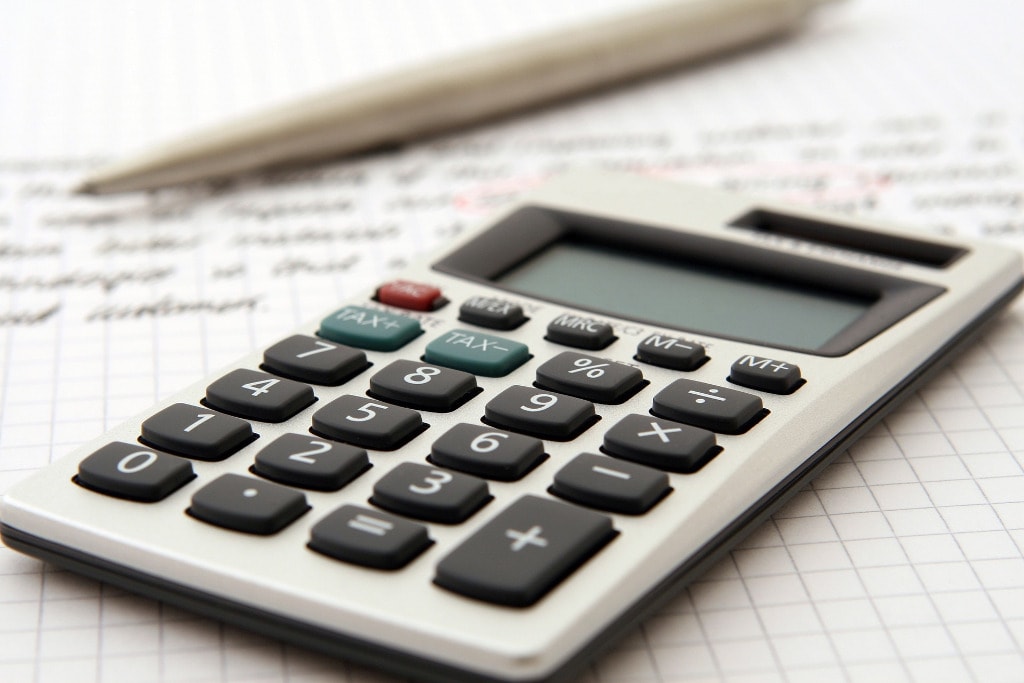Cambridge IGCSE Accounting(0452)/O Level Principles of Accounts(7110) Notes: Accruals and Financial Statements
- Accruals are amounts owing at the end of the period when they are due
- For this reason they are sometimes known as owings
- There are two types of owings in busines:
- Owed income which is accrued income at the end of the period for example when the business has not yet received rent receivable by the end of the period
- Owed expenses which are accrued expenses at the end of the period for example when rent has not yet been paid by the end of the period
Accrued Income
- This is when revenue is realised but payment has not yet been received
- For example if a business leases/rents extra factory space and it does not receive/receive part payment only towards settlement of that rent debt
- The accrued revenue has to be included in the Income Statement in the period in which that revenue is realised
- Consider this example:
- R Chamboko leases out extra factory space to J Mugamu for $5000 each year
- By the end of the year 20×6 J Mugamu had only paid $3000 of this amount via bank transfer which he made on 3 July
- Assuming the Chamboko’s business’s trading period ends on 31 December the entries in hiis business’s books would be:
| General Ledger | ||||||
| Rent Receivable Account | ||||||
| Date | Details | Amount($) | Date | Details | Amount($) | |
| 31 December | Profit and Loss | 5000 | 3 July | Bank | 3000 | |
| 31 December | Owing c/d | 2000 | ||||
5000 | 5000 |
|||||
| 1 January | Owing b/d | 2000 |
- As shown above the full amount of $5000 comprising rent for the period is transferred to the Income Statement
- Not just the $3000 which was actually received
- The narration Owing c/d and Owing b/d can be replaced by the plain old Balance c/d and Balance b/d
- Accrued income is shown under Current Assets below Debtors in the Statement of Financial Position
- This is because in our example above J Mugamu is for all intents and purpose a debtor
- A short cut treatment for accrued income is to add it to income in the Income Statement if you are not asked to prepare the accrued expenses’s account and are only asked to prepare Financial Statements
Accrued Expenses
- This is when an expense is incurred but not settled by the end of the trading period
- An example is when a business rents office space and still has not yet paid the full amount of rent owed for the period
- As is the case with accrued income, accrued expenses have to be included in the Income Statement in the period in which they occur
- Consider the following example
- K Moyo rents office space from JJ Munlo for $4500 per year
- When the year ended on 31 December K Moyo had only paid $4100 which he paid on 5 November
- The entries in the books of K Moyo will be as follows:
| General Ledger | ||||||
| Rent Payable Account | ||||||
| Date | Details | Amount($) | Date | Details | Amount($) | |
| 5 November | Cash/Bank | 4100 | 31 December | Profit and Loss | 4500 | |
| 31 December | Owing c/d | 400 | ||||
4500 | 4500 |
|||||
| 1 January | Owing b/d | 400 |
- The entire expense is transferred to the Income Statement for the period as shown
- Accrued expenses are shown as current liabilities in the Statement of Financial Position
To access more topics go to the Cambridge IGCSE Accounting(0452)/O Level Principles of Accounts(7110) Notes.








